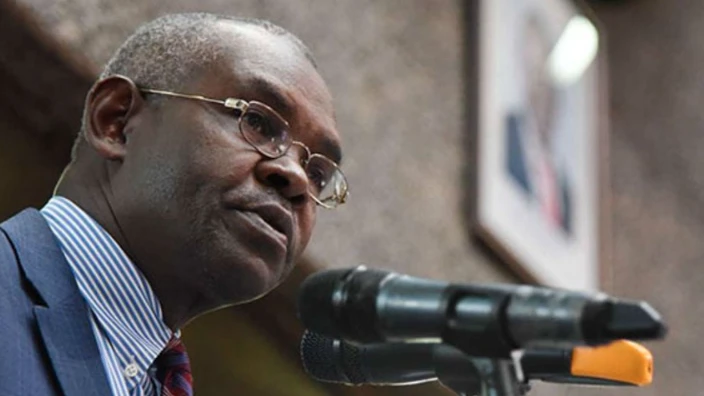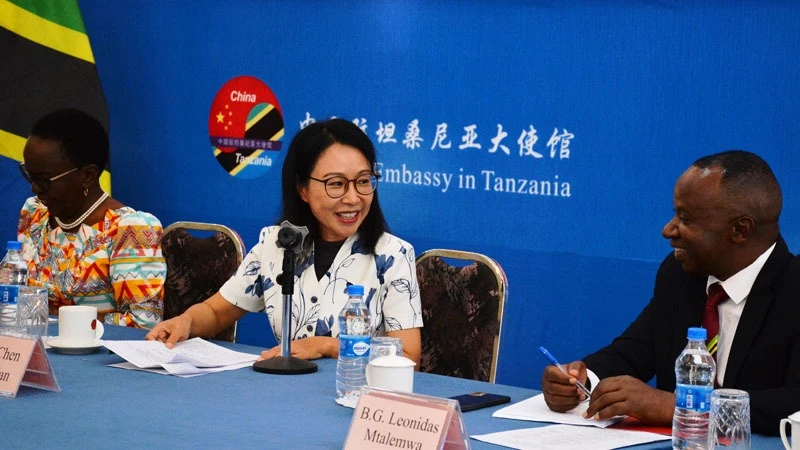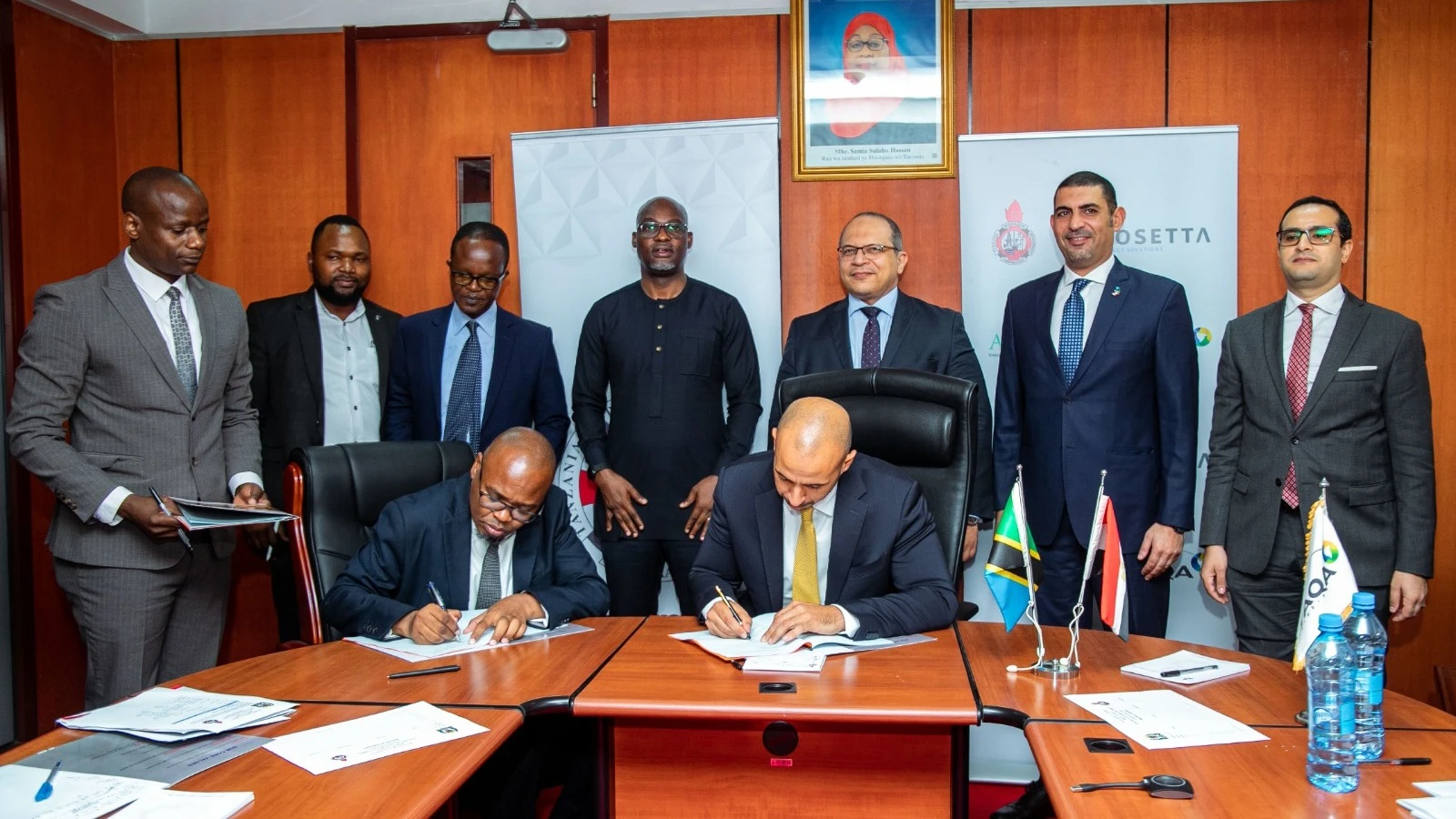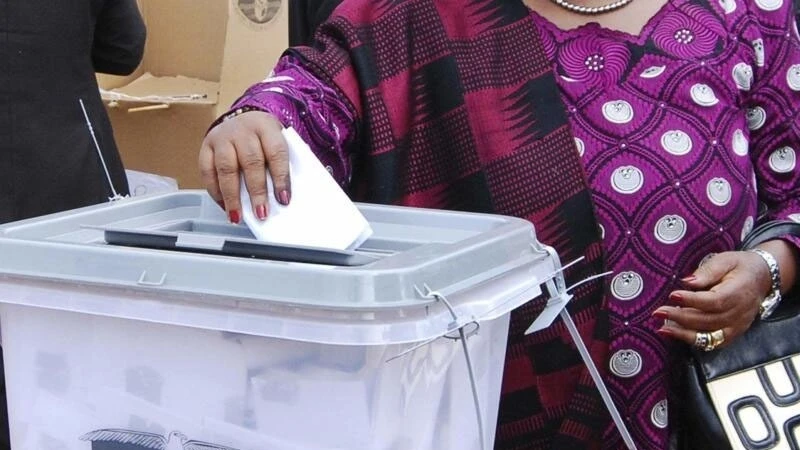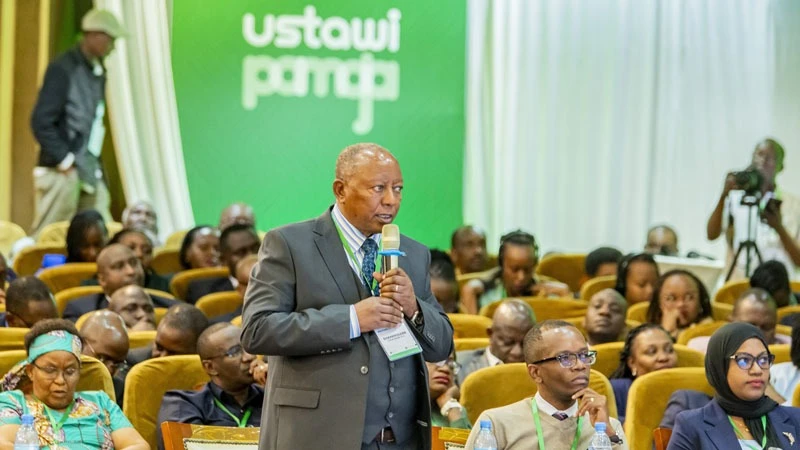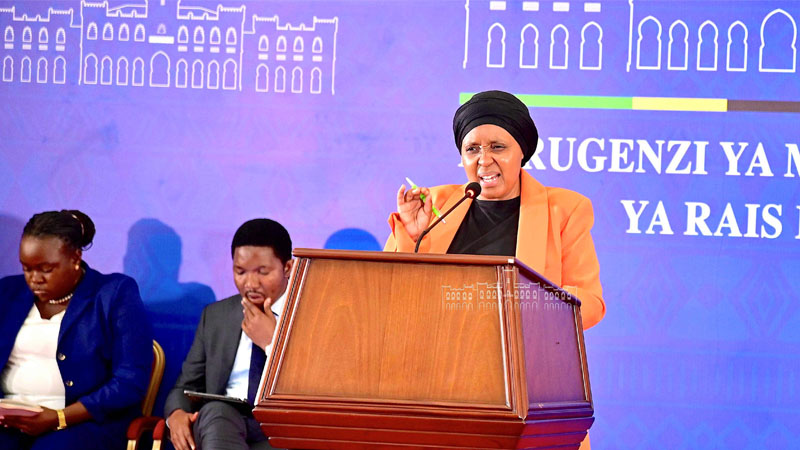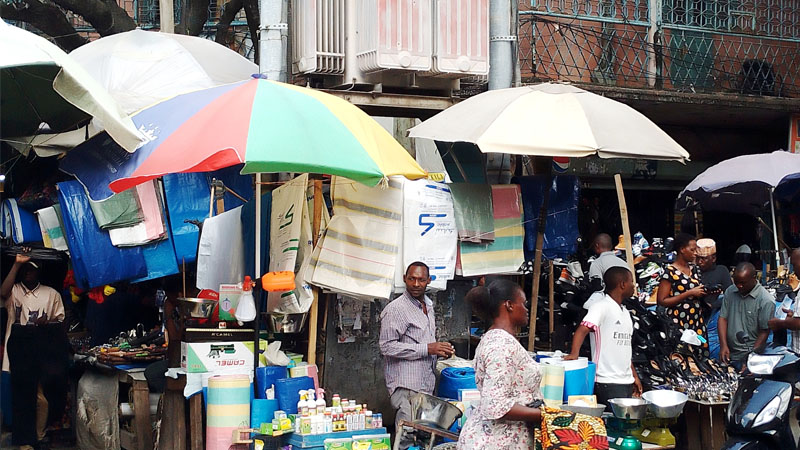EAC monetary committee enlists regional economic challenges
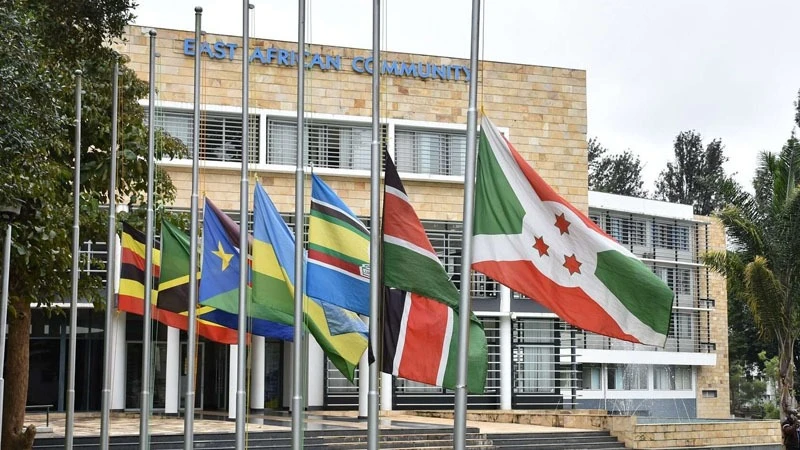
THE 27th Ordinary Meeting of the East African Community (EAC) Monetary Affairs Committee (MAC) has deliberated the global economic outlook, as well as the impact of persistent inflationary pressures, climate change ramifications and geopolitical tensions on the region.
Convened in Juba, South Sudan recently the meeting brought on board governors and senior officials of the EAC Partner State Central Banks, along with representatives from the EAC Secretariat, against a backdrop of complex global economic dynamics.
Reflecting on the economic performance of the EAC region in 2023, the Committee acknowledged a range of growth rates ranging from 2.8 percent to 8.1 percent, largely attributed to advancements across key sectors and commitment to implementation of policy reforms that has promoted private and public investment in some Partner States.
Looking forward, the Committee foresees continued regional growth outpacing global and Sub-Saharan Africa benchmarks, supported by sustained public investment, enhanced export performance, and pro-private sector measures.
However, the region grapples with challenges, including adverse global financial conditions, geopolitical turmoil, and climate change ramifications, resulting in amplification of challenges like high fuel and food import prices, market access costs, and currency and reserve pressures.
A focal point of deliberation centered on inflation trends, which, while having escalated in 2022 and 2023, have since eased following the implementation of appropriate monetary policies and the easing of global commodity prices.
Moreover, discussions delved into the strides made towards the establishment of the East African Monetary Union (EAMU), emphasizing commitments to harmonize monetary policies, financial regulations, and crisis management frameworks.
The Governors pledged to continue working with the relevant authorities to advance the regional integration agenda.
Significant achievements were noted, including the adoption of price-based monetary policy frameworks, harmonization of macroeconomic and financial statistics, and the promotion of cross-border payments systems.
However, the Committee reaffirmed its dedication to fulfilling remaining objectives outlined in the East African Monetary Union roadmap, with a renewed focus on convergence criteria review to meet the revised 2031 deadline.
During its meeting held in March last year, the committee noted that Partner States’ Central Banks have made significant strides towards the establishment of key institutions of the East African Monetary Union (EAMU), particularly the East African Monetary Institute (EAMI); harmonization of monetary and exchange rate policies; harmonization of regulatory frameworks; implementation of measures to strengthen regional payments systems; enhancement of cybersecurity frameworks; capacity building in AML/CFT and Risk Management for Partner States Central Banks; and promoting cross-border payments.
The Committee noted that a lot of work still needs to be done in the area of cross-border payment systems and agreed to continue rolling out interoperability initiatives at national level, enhancing the East African Payment System (EAPS), while engaging other stakeholders at continental level on further integration of cross-border payment systems.
In a gesture of inclusivity, the Committee extended a warm welcome to the Central Bank of Somalia as the newest member of the EAC Monetary Affairs Committee, underscoring the collective commitment to supporting Somalia's integration into the EAC.
The 27th MAC meeting underscores the EAC's resolute commitment to navigating economic challenges, fostering regional cooperation, and advancing towards a unified monetary future.
Top Headlines
© 2024 IPPMEDIA.COM. ALL RIGHTS RESERVED



